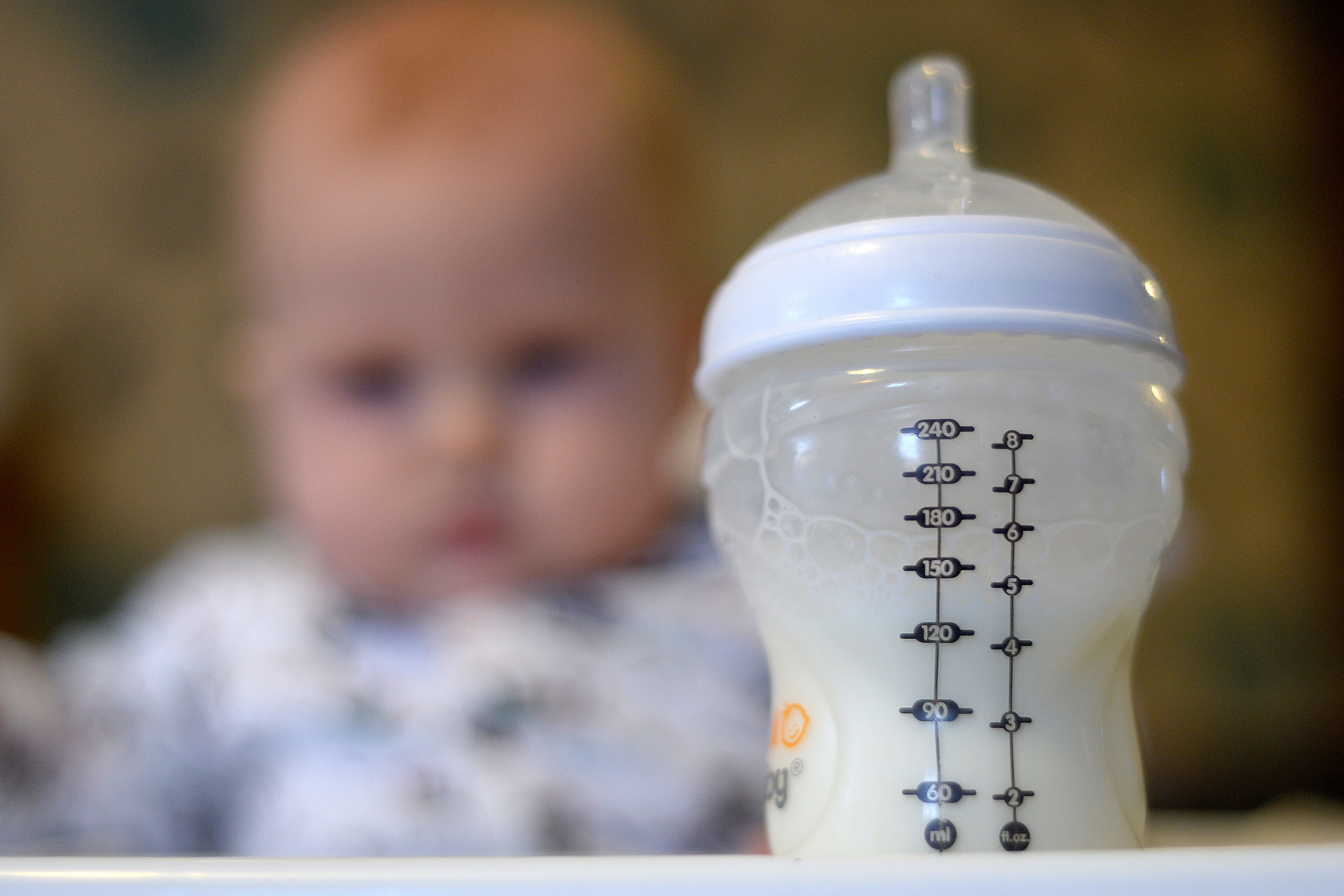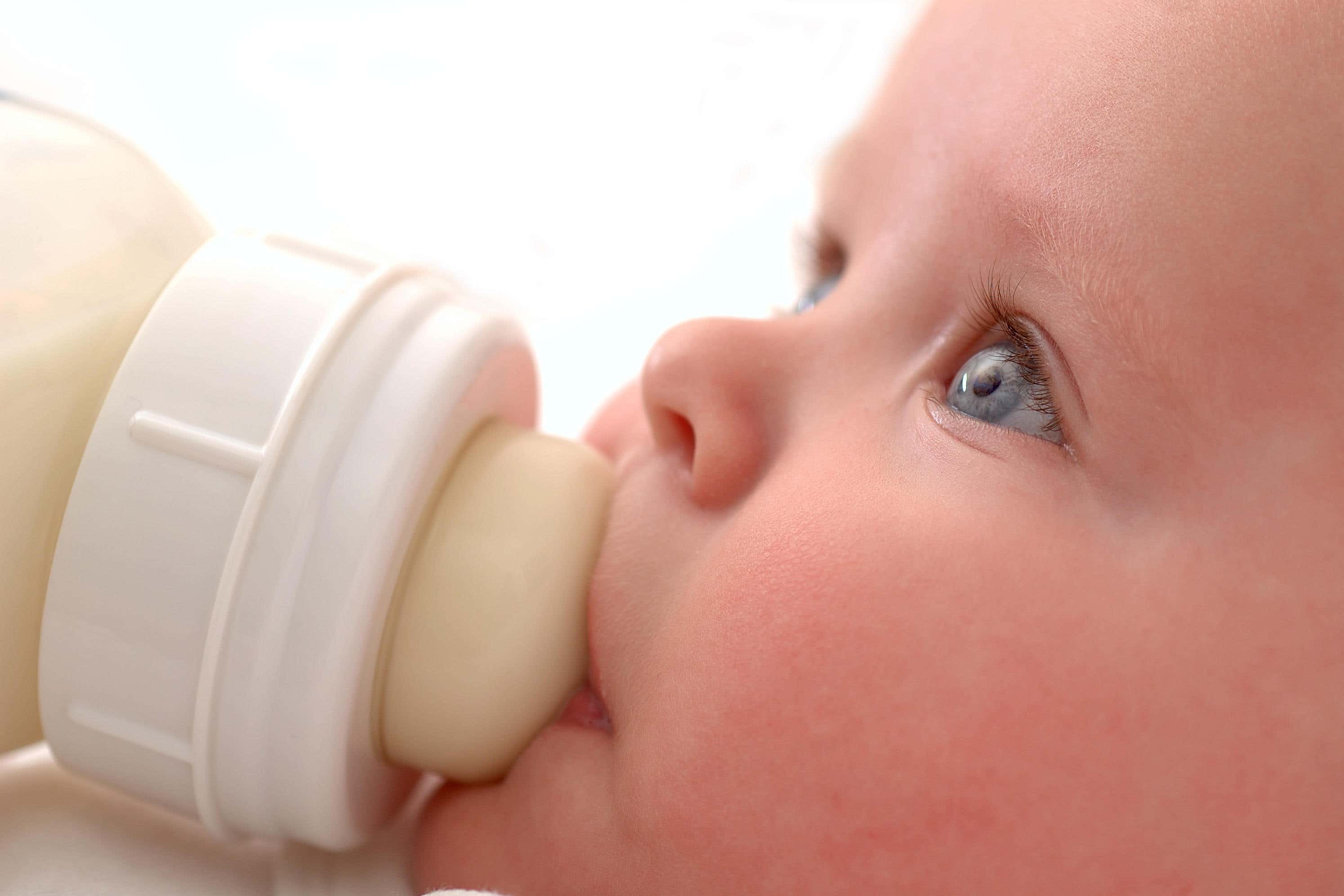Baby milk formula is more expensive than ever
Parents could save more than £500 over the first year of a baby’s life by buying cheaper formula options
Your support helps us to tell the story
From reproductive rights to climate change to Big Tech, The Independent is on the ground when the story is developing. Whether it's investigating the financials of Elon Musk's pro-Trump PAC or producing our latest documentary, 'The A Word', which shines a light on the American women fighting for reproductive rights, we know how important it is to parse out the facts from the messaging.
At such a critical moment in US history, we need reporters on the ground. Your donation allows us to keep sending journalists to speak to both sides of the story.
The Independent is trusted by Americans across the entire political spectrum. And unlike many other quality news outlets, we choose not to lock Americans out of our reporting and analysis with paywalls. We believe quality journalism should be available to everyone, paid for by those who can afford it.
Your support makes all the difference.Britain’s competition watchdog has found baby formula milk has soared in price by 25 per cent in the past two years.
The Competition and Markets Authority (CMA) has begun a market study into formula supply following findings last November of an initial review into the sector.
It said last autumn that the baby formula market was highly concentrated, with just two companies accounting for 85 per cent of sales.

This meant few parents had switched as prices rose, with the CMA revealing that infant formula prices were up by a quarter on average over two years.
It found that parents could save more than £500 over the first year of a baby’s life by buying cheaper formula options.
The CMA said on Tuesday that while prices of some products have fallen since November, they remained “at historically high levels”.
The market study will look to gather evidence on consumer behaviour, the role of regulation in the market and features of the formula market, such as barriers to entry and expansion.
The CMA plans to produce a final report in September.

If it finds there are problems in the market, it could take actions including recommending new regulations on how formula is marketed or on the information given to parents to help them choose formula brands.
Sarah Cardell, chief executive of the CMA, said: “Whilst it’s a positive sign that prices of some products have fallen since our update last November, the cost of infant milk remains at historically high levels.
“We’re concerned that parents don’t always have the right information to make informed choices and that suppliers may not have strong incentives to offer infant formula at competitive prices.
“We are determined to ensure this market is working well for the many new parents who depend on infant formula and it’s essential that any changes we propose are based on evidence and a strong understanding of the market.”

Join our commenting forum
Join thought-provoking conversations, follow other Independent readers and see their replies
Comments